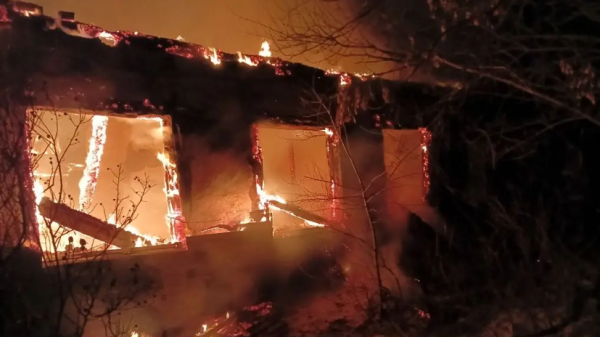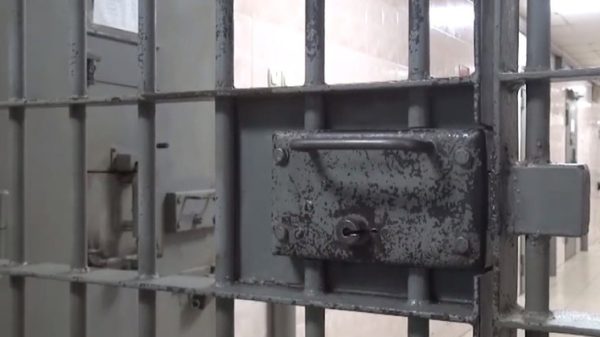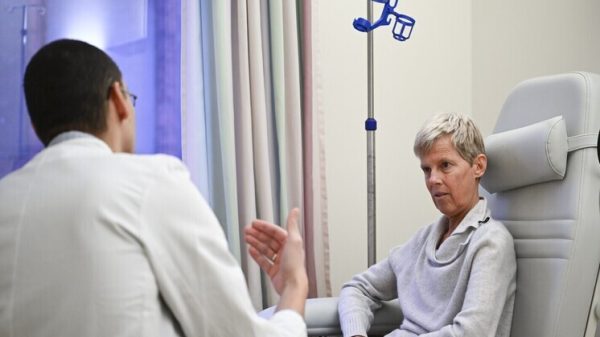The NHS is ramping up to deliver the most important vaccination programme for decades, a mammoth task that is aimed at protecting tens of millions of people against coronavirus. But with several vaccines potentially on the verge of being approved by regulators, how will the UK manage the rollout?
Who is first in line for vaccination?
The joint committee on vaccination and immunisation (JCVI) advise government on vaccination policy. Its interim recommendations are to prioritise older adults in care homes and care workers, followed by all those aged 80 and over, and health and social care workers. Next in line are the over-75s, then the over-70s, and so on down the age groups, as more vaccine shots become available.
Can people take more than one Covid vaccine?
The interim results from Pfizer this week suggest that its two-shot vaccine, developed with the German firm BioNTech, is 90% effective. The figure is based on 94 Covid cases across both vaccinated and placebo arms of the trial. More data is needed to confirm this level of protection and that is expected within weeks when Pfizer runs another analysis based on 164 infected trial volunteers. If the vaccine is proven to achieve such a high level of protection, there is no reason why someone would need a different, additional vaccine on top.
However, whether people can safely have different Covid vaccines is an important question for scientists to answer. It has not been looked at yet, because the immediate priority is to find individual vaccines that are safe and effective on their own. If they can safely be used in combination, it could make rollout easier, because it wouldn’t matter which vaccine is given as the first or second shot.
Although the multiple vaccines in development are based on a number of different technologies many, including the frontrunners from Pfizer/BioNTech and Oxford/AstraZeneca, stimulate the immune system to generate T cells and antibodies against the same coronavirus spike protein. If these vaccines produce similar immune reactions and achieve similar levels of protection, they could potentially be used interchangeably.
Would having more than one vaccine give you more immunity?
Trials have yet to look at the impact of using Covid vaccines in combination and it is unknown whether doing so would improve people’s protection against the virus. Some vaccines in development use the whole virus, and these are expected to produce different immune responses to those that rely on only the spike protein to stimulate the body’s defences. Using these in combination might produce an overall more robust immune response. But such combinations would have to be assessed for safety and efficacy in further trials. Some Covid vaccines may need booster shots to sustain immunity and scientists need to study whether that can be done with different products.
What do we still need to know about the Pfizer vaccine?
While encouraging, the results so far from Pfizer are preliminary. More safety data is expected soon. Important questions about the vaccine’s efficacy remain too. It is not yet known whether the virus prevents severe infections or just mild ones. Nor is it clear whether the vaccine prevents people from spreading the virus, if it is as effective in older people as well as younger people, and no one knows how long any protection lasts.
When will the rest of the population get a vaccine?
The first task is to immunise as soon as possible all those in the 10 groups identified by the JCVI. Together they comprise an estimated 22 million people. Besides care home residents, they include all health and care staff, the 2.2 million people on the shielding list classed as “extremely clinically vulnerable”, and then everyone aged 50 and over. This is “phase one” of the rollout.
If the vaccine is delayed until early 2021, it will be even later before the general public get the jab. Each of these 22 million people will need two doses, and because the NHS hopes to immunise 1 million people a week, everyone else is unlikely to be able to get a jab until the middle of next year at the earliest. This is “phase two” of the rollout. How long it will be before the general public can get immunised also depends on whether the JCVI, the government and NHS decide to vaccinate under-18s. That is being discussed but no decision has yet been taken.
Further discussions are afoot on how else people may be prioritised, and there could be different priority groups for different vaccines. This is similar to what is seen with influenza vaccines, where older and more vulnerable adults get a killed virus vaccine while younger people get a live, weakened virus vaccine.






















































Свежие комментарии